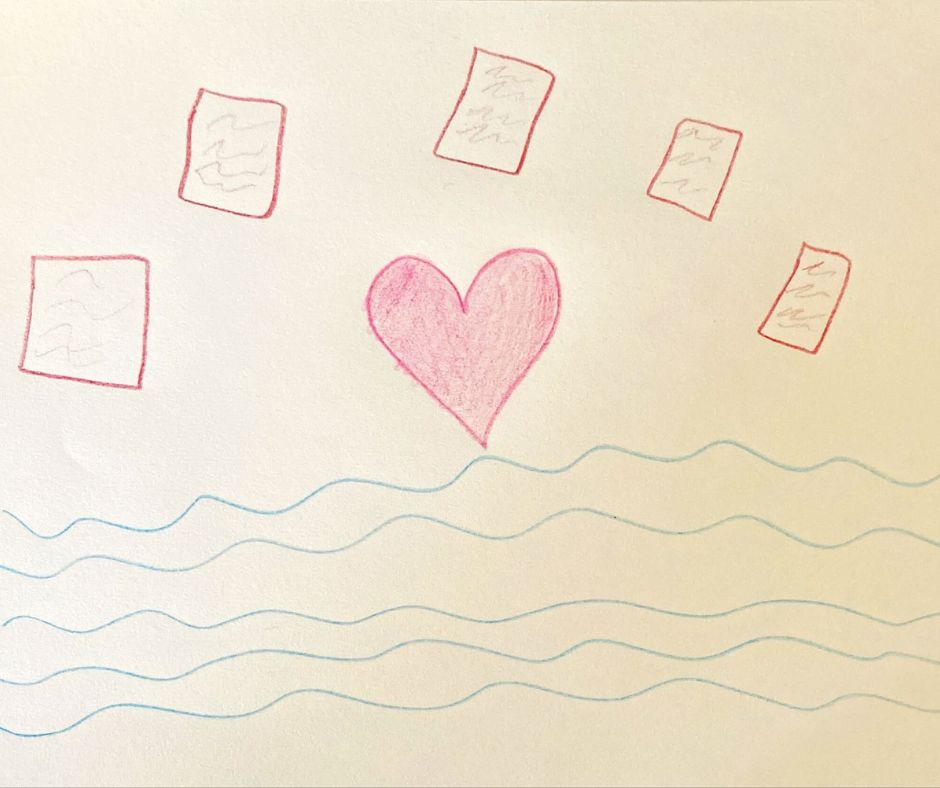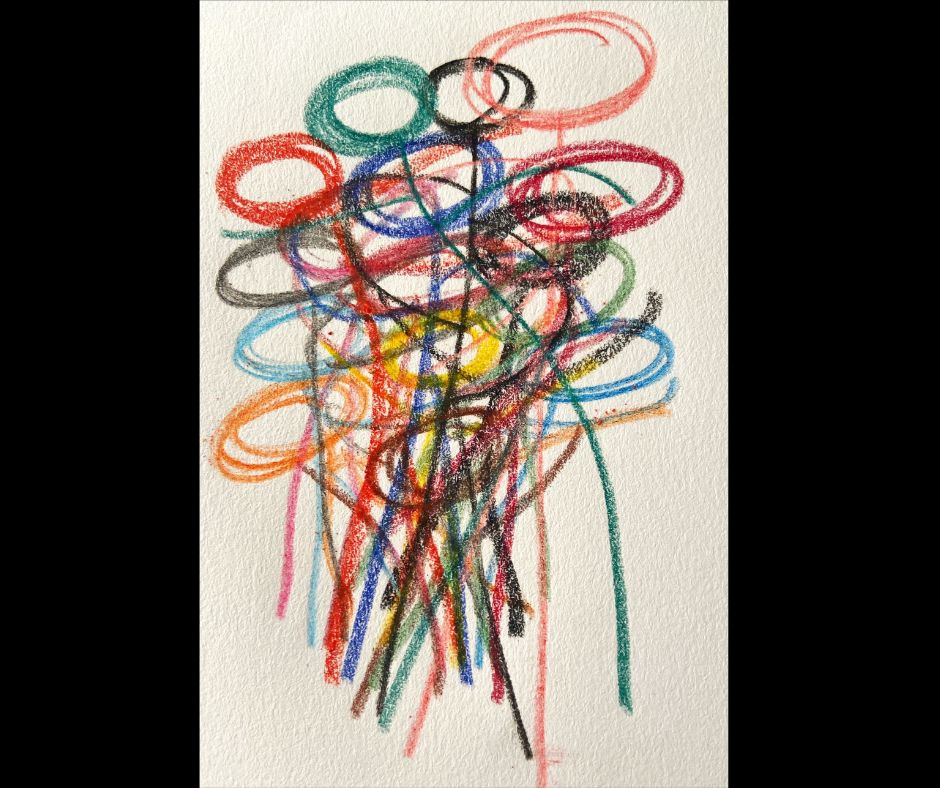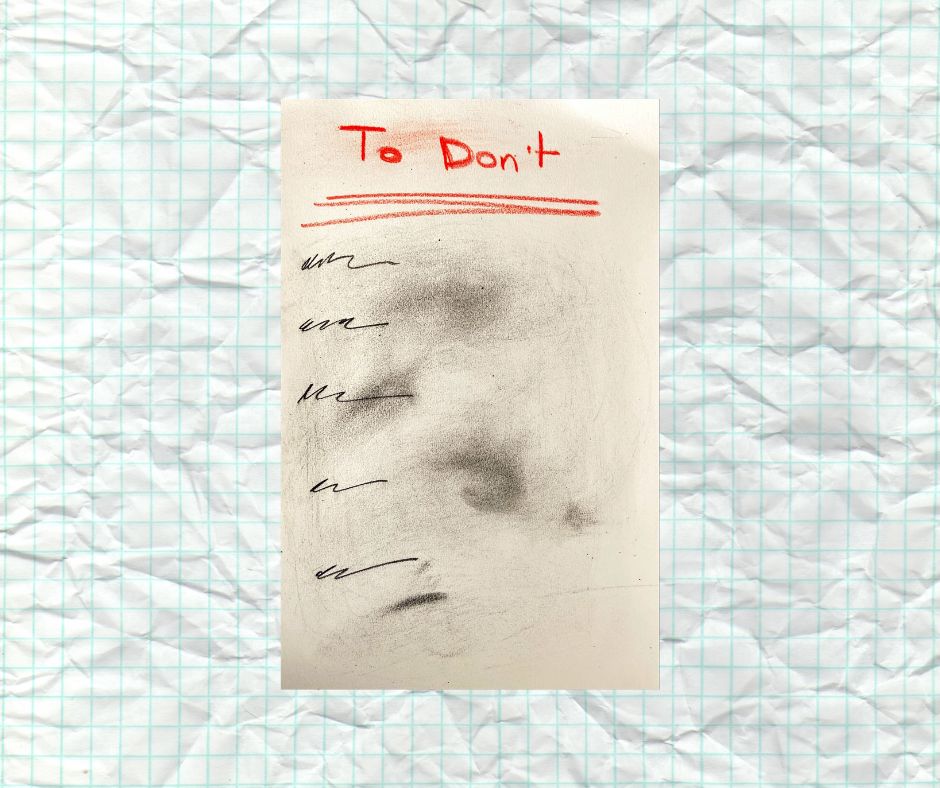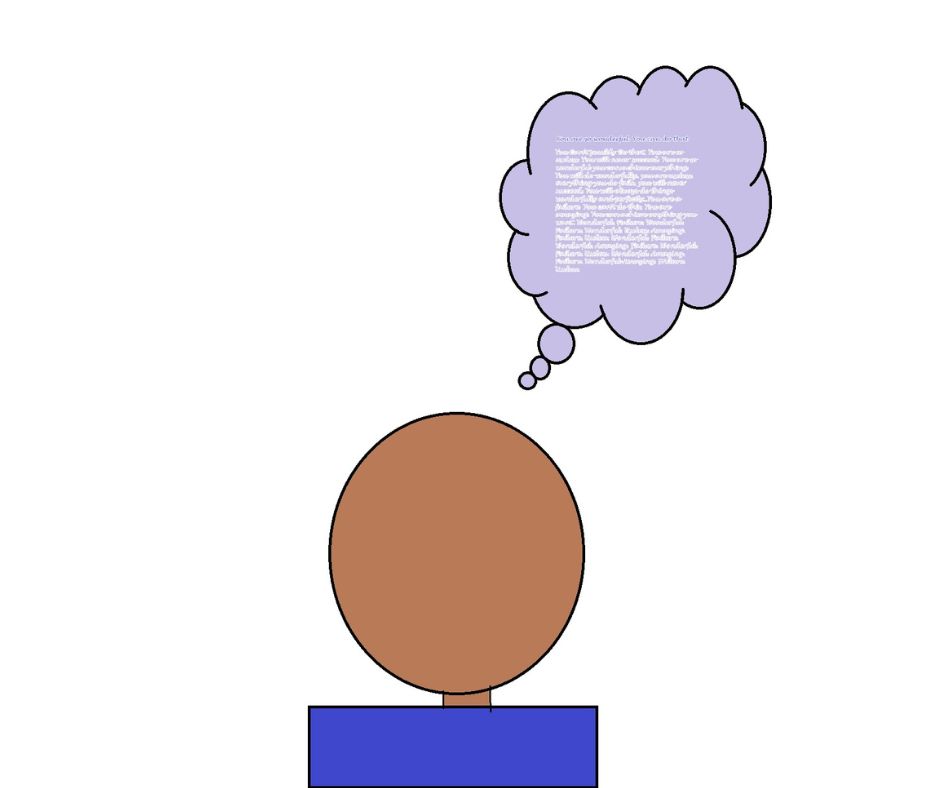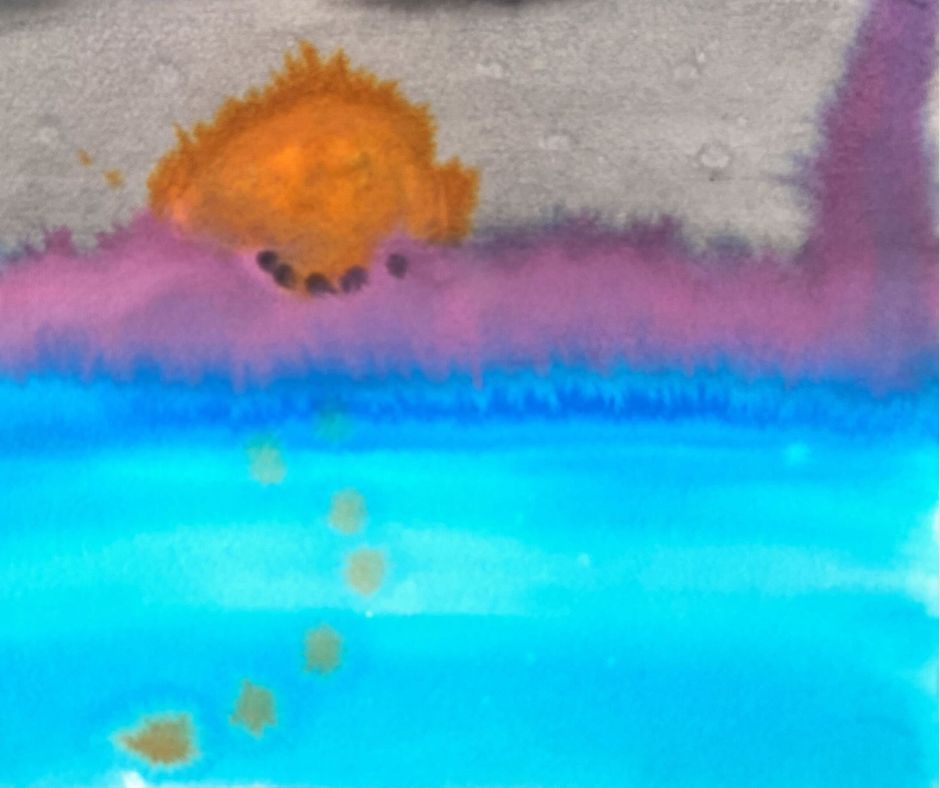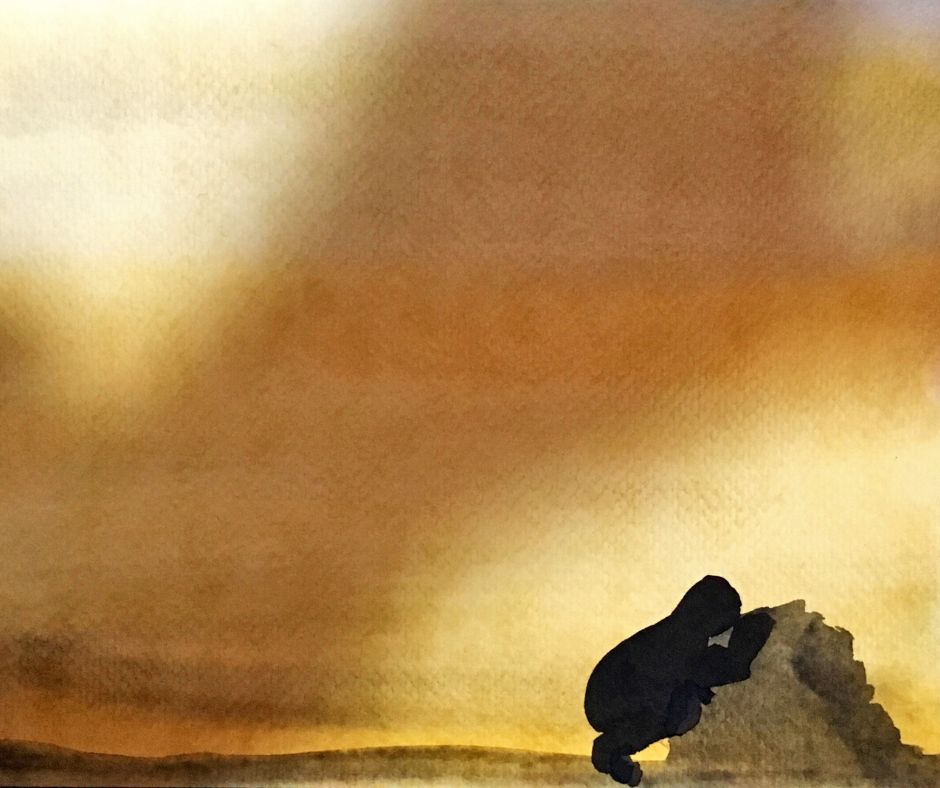
Something you realise throughout life, often as you grow older, is that you are never “finished”. There will never be an end point to your growth and development. Right up to the moment of death you will continue to grow.
The fact of your unfinished state is often very obvious when you do something new. Then the gulf between your level of competence and the new thing you are doing is very obvious.
To Live Is To Grow
Life is about growth. It is about stepping out into the unknown. About stepping out into your level of incompetence and doing something new and different.
If you don’t grow, you stagnate. This concept is often discussed in regard to relationships. A relationship can never stay the same, it either grows or stagnates. In other words, it doesn’t grow. Stagnation precedes the death of the relationship.
It is the same with life. If you don’t progress in your life and grow you will stagnate. Stagnation is where many people find themselves. Maybe you are there right now. You feel stuck in the sameness of your life, you feel empty, depleted and maybe restless or hopeless.
The Importance of Restlessness
Restless is good. From restlessness comes the desire to change, to grow, to get out of the rut you find yourself in.
Restless allows courage to arise. Courage to make changes and start new beginnings.
Beginnings are full of possibilities and unknowns. They are uncertain and scary. And that is okay. Within you there is the ability to survive the unknown and find your way. There is the possibility to try something new, learn how to do it and survive the experience.
Change Happens On The Edge Of Uncertainty
Change only ever happens on the edge of uncertainty.
There has been much research into the importance of challenging yourself in order to change and move away from stagnation.
New relationships are scary, but you still work at them until they are less scary. And you keep working at them always. New things in life are like relationships. They are uncertain and scary but if you work at them they become less scary. They can even be exhilarating. You work at them until you reach the point of feeling less scared, maybe even comfortable.
Keep Going. Rest Yes, But Don’t Stop There
But don’t stop there. You can rest there for a while, but allow the restless within to lead you further forward. Remember. You never stay in the same place. You either grow and move forward and stop and stagnate..
Changes in life are scary, but you still make them – whether you want to our not – and you settle in to the changes. One day you find yourself comfortable with the changes that you formerly found terrifying.
Change Is Uncertain And That Is Okay
Change is uncertain. Uncertain is scary. For many people that level of uncertainty feels impossible to overcome. But it can be done.
Maybe you are dreaming of a new job, moving to a new area, a new career and the idea is overwhelming so you remain in the same place. You stay put and you are miserable but unable to see how to make the leap to a new change.
Sometimes Change Is Best Accomplished By Taking A Small Jump Instead Of A Massive Leap
Don’t make that leap, instead make a series of small adjustments.
Try doing one thing that breaks your usual routine. It may mean getting up earlier in the morning to have a walk on the beach. It may mean eating breakfast outside, instead of in the kitchen. It may mean catching the bus and train to work instead of driving.
These small breaks from your usual routine are something new. Just try doing something different. Even one different thing a week. If you eat the same menu night after night (because it is easier and you don’t have to think) switch around the meals so that you eat them on different nights. One night add a different meal.
These changes may seem insignificant. They may seem downright weird – especially the one about where you eat breakfast. But they change your routine. And changing your routine opens the way for bigger changes.
The First Step Is The Hardest In Every Journey Of Dreams
It is said that the first step is the hardest. This is from a quote by Moffat Machingura.
“The first step is the hardest in every journey of dreams. There is nothing else to fear unto whosoever has shown the tenacity to begin; because, once having started, the hardest part of the mission is the one lying behind.” ~ Moffat Machingura, Life Capsules
At The End of Your Life Your Greatest Regret Will Be The Risks You Didn’t Take.
Another wonderful quote that is worth noting is:
“Your greatest regret at the end of your life will be the lions you didn’t chase. you will look back longingly on risks not taken, opportunities not seized, and dreams not pursued. stop running away from what scares you most and start chasing the God-ordained opportunities that cross your path” ~ Mark Batterson.
Remember your greatest asset in change is courage.
You Grow Your Wings Once You Leap Off The Cliff Not Before
There is a beautiful quote by Ray Bradbury about jumping off the cliff and growing your wings on the way down. It is true. You don’t grow those wings until you need them. You don’t need them until you have launched yourself into uncertainty.
You can’t wait until everything is in place before you do something new. You will never be ready. That is why you should just start and allow the growth that will lead you to succeed.
I made the comment to someone recently about leaping off the cliff and finding my wings so that I could soar. They looked worried and asked me what about if my wings didn’t come. The answer? They will always come.
Life Is About Beginnings
You are part of a continuum of human life that has gone on for millennia. All life is about beginnings and within each life are countless beginnings.
Beginnings feel like lonely journeys into the unknown, the jump off the cliff without wings.
But the wings are always there. The outcome may not be what you imagined it would be, but there will be an outcome.
Let Go So That You Can Grow
It is only when you let go that growth can come. Your wings only arrive when you embrace uncertainty.
Maybe you will not find the outcome that you wanted. It may feel like failure. But it will be learning and from that place of learning you can move on into a new unknown. Each leap off the cliff into uncertainty strengthens and empowers you to grow.
Beginnings, those leaps off the cliff, are invitations to embrace the gifts and growth that wait once you soar with your new wings.
Endings Are Necessary For Beginnings To Happen
Sometimes you will spend time in preparation, not realising you are ending an old pattern of behaviour. You will prepare and leap off the cliff. Other times you will experience an ending and discover a beginning within it. That is your leap off the cliff.
Leaping off the cliff is not necessarily comfortable but it is most definitely survivable.
On the journey of your life you will experience many beginnings and endings. That is what life is about. You choose what you will begin and you choose what you will end. If you don’t choose, life will choose for you.
The Leap Into The Unknown Is Your Ally
As you leap off that cliff recognise that the leap into the unknown is your beloved ally. It is waiting to share with you the exhilaration and possibilities of the unknown.
Don’t get stuck. Be open and vulnerable. Don’t be afraid of the new and the different. Embravce the opportunities to grow.
Take a deep breath and launch yourself over that cliff. That is where life is.
Can I Help?
If you would like to talk to me about how I can help you to leap off that cliff, please contact me on 0409396608 or nan@plentifullifecounselling.com.au
If you would like to learn more, I write a regular newsletter with helpful information, tips, information on courses, and the occasional freebie. At the moment I have a free mindfulness meditation for anyone who signs up to my newsletter. This meditation offers a way to safely explore your feelings and learn to be okay with them. If you would like to subscribe please click on the link here: http://eepurl.com/g8Jpiz

